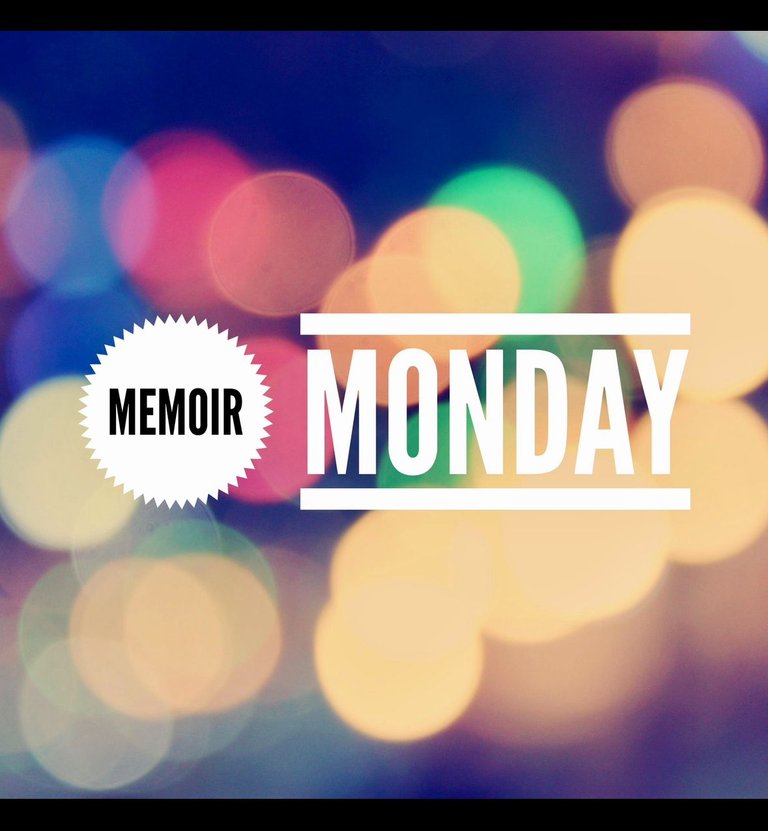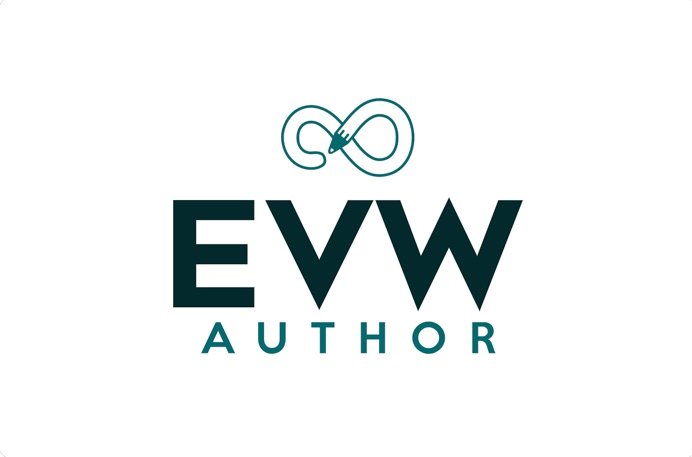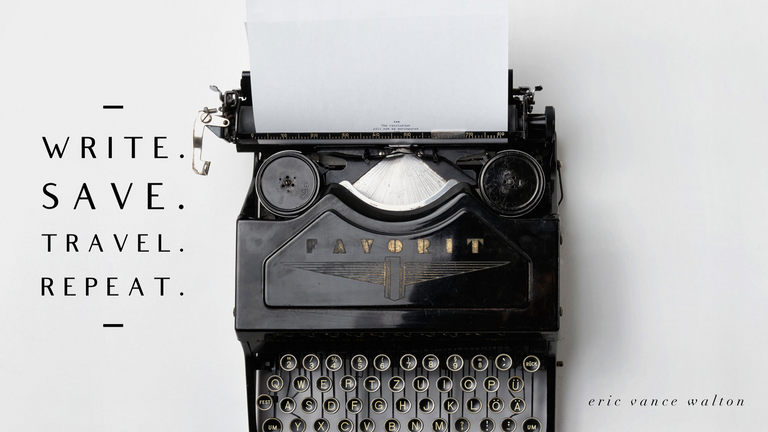
Memoir
/ˈmemˌwär/ noun. a record of events written by a person having intimate knowledge of them and based on personal observation. Usually memoirs. an account of one's personal life and experiences; autobiography. the published record of the proceedings of a group or organization, as of a learned society.
We're doing something a little different for week 46 of Memoir Monday. Next week's #memoirmonday prompt is an exciting collaboration with Hive's Silver Bloggers Community. If you'd like your post to be considered for the contest please read this Contest Announcement Post in the SilverBloggers community for contest rules before publishing your response. As always, apart from the SilverBloggers contest there is no deadline for the prompt itself. You can participate in any of the Memoir Monday prompts whenever you'd like.
As hard as we try to escape it, sadness catches up with us all eventually. I try to look at sadness as a reminder from the Universe or the Creator of what we need to work on or change to better our condition. As with all of our emotions, sadness can be a guidepost and a powerful tool. Exploring your own sadnesses can teach you a lot about yourself and can be the first step at becoming a better human. With this in mind, what makes you sad?
Memoir Monday has grown so much that I won’t be able to comment on everyone’s posts anymore (and get my own work done) but I’ll still be supporting your posts with reblogs, votes, and shares on my other social media accounts (X, Facebook, etc.).
For all of those who’ve regularly participated in Memoir Monday - keep going, you’re making great progress in chronicling your very own life story for future generations to enjoy.
For those who missed the inaugural post explaining what the Memoir Monday initiative is all about you can find it here.
Now for next week’s Memoir Monday prompt:
What makes you sad?

My answer:
As I’ve grown older, I’ve come to understand the things that truly make me sad. One of the biggest is this: many of us spend a third or more of our lives healing from our own trauma and insecurities. And those are the lucky ones. There is an even larger group of people who lack the self-awareness, courage, or desire to confront their inner struggles and grow into better versions of themselves.
This second group, whether knowingly or unknowingly, spreads misery, drama, and toxicity wherever they go. It’s a more widespread problem than I once imagined. When I was younger, I assumed most adults had their lives together. But as I’ve aged, I’ve realized how rare it is to meet people actively striving to improve themselves and leave a positive mark on the world.
The greatest source of sadness for me, however, is the state of our global society. I’m someone who looks for silver linings, so I tell myself that humanity’s current struggles are just a phase we’ll eventually outgrow. But it’s heartbreaking to watch us repeat the same mistakes—wars, rampant consumerism, political corruption, and poor stewardship of our planet—without learning from them.
A significant part of this rut, I believe, lies in the hands of those in power. Across the world, regardless of culture or government type, there’s a glaring disconnect between the ruling class and the will of ordinary citizens. Politicians and their powerful backers—corporations, organized crime, and other entities—wield too much influence. Worse, these positions of power often attract individuals with sociopathic or psychopathic tendencies.
These leaders thrive on division, stoking fear and hatred among us, recycling empty promises, and exploiting their positions to satisfy their greed. In many ways, a small group of deeply flawed individuals is holding humanity hostage, halting or slowing our collective evolution.
If humanity is to survive and thrive, we must address this fatal flaw once and for all. By doing so, we could create a global paradise where all living beings enjoy a vastly improved quality of life. But how do we achieve this? That is the question we must all ask ourselves.
I believe the answer lies in a massive shift in human consciousness. If this transformation occurs, our world could change for the better, and quickly. Eckhart Tolle captures this beautifully in the following quote:
“If the thought of lack—whether it be money, recognition, or love—has become part of who you think you are, you will always experience lack. Rather than acknowledge the good that is already in your life, all you see is lack. Acknowledging the good that is already in your life is the foundation for all abundance. The fact is: Whatever you think the world is withholding from you, you are withholding from the world. You are withholding it because deep down you think you are small and that you have nothing to give. Try this for a couple of weeks and see how it changes your reality: Whatever you think people are withholding from you—praise, appreciation, assistance, loving care, and so on—give it to them. You don’t have it? Just act as if you had it, and it will come. Then, soon after you start giving, you will start receiving. You cannot receive what you don’t give. Outflow determines inflow.”
We must recognize our true worth and power as individuals and as a species. Only by refusing to accept anything less than true happiness and success for ourselves and for all can we create the world we dream of—a world where abundance and joy are not the exception but the rule. This, I believe, is the first step to escaping the cycle of destruction and misery they we currently find ourselves in.
Once again, if you'd like your blog entry for this Memoir Monday prompt to be considered for the SilverBlogger's community writing contest please Click Here to read about the rules.
Growing weary of the ads and divisiveness on mainstream social media? If so, why not try Hive? Click on this link to sign-up and join our growing global community.
Let’s Keep In Touch

